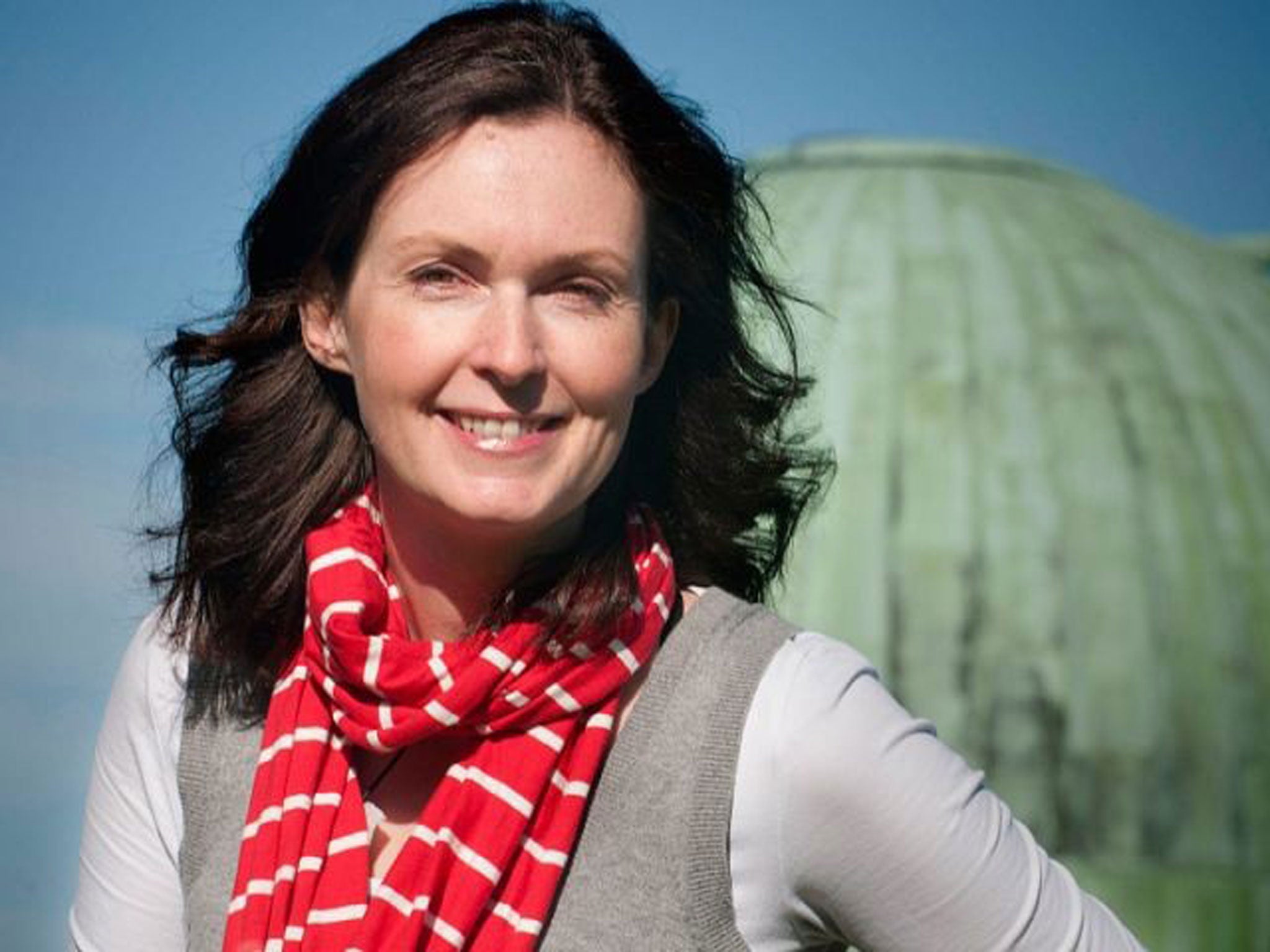Lucie Green interview: The solar physicist on counting butterflies, robot arms, and spending weekends at B&Q
Green is a scientist and science communicator who has appeared on The Sky at Night and Stargazing on the BBC

Your support helps us to tell the story
From reproductive rights to climate change to Big Tech, The Independent is on the ground when the story is developing. Whether it's investigating the financials of Elon Musk's pro-Trump PAC or producing our latest documentary, 'The A Word', which shines a light on the American women fighting for reproductive rights, we know how important it is to parse out the facts from the messaging.
At such a critical moment in US history, we need reporters on the ground. Your donation allows us to keep sending journalists to speak to both sides of the story.
The Independent is trusted by Americans across the entire political spectrum. And unlike many other quality news outlets, we choose not to lock Americans out of our reporting and analysis with paywalls. We believe quality journalism should be available to everyone, paid for by those who can afford it.
Your support makes all the difference.I've always been curious about everything As a child, it was animals; I was obsessed. I used to try to count how many butterflies there were in the garden; I wanted to know what time you would see particular animals at night. I kept a notepad and jotted it all down.
I grew up in a very scientific household My parents had a company designing robot arms, so conversations around the dinner table could get pretty technical. But as I grew up I became more interested in art. I did an arts foundation course… but then I changed my mind, and went back to physics.
Science doesn't recognise gender There is nothing intrinsically different between boys and girls. It simply comes down to culture, the way we are brought up. From a young age, children are subtly directed to follow gender lines: boys can be rough-and-tumble, but not girls; boys are into science, girls aren't. But there is no reason why boys should be any better at science than girls. And they aren't.
Nothing got in the way of my school work I went to an all-girls' school. That said, we were rather preoccupied with the idea of boys.
There is still so much we don't know about the sun We are always told it is dangerous to look at, so we tend not to; we take it for granted. But the sun is the most incredible thing, a stunning physical object. I still remember what it was like not thinking about it, and also when I first started to appreciate it properly. It's now my great passion and I want everyone to have the same reaction to the sun as I have, which is: wow!
I don't think science and play should be separated I talk about science on the radio, on television, in books, and I visit schools. And children are such a great audience, especially when they're primary-school age. Science is the perfect subject for the curious mind.
I have tried to do things outside of science, but it's hard My husband does much the same work as me, but in mathematics, so we spend our weekends at B&Q buying things for demonstrations. It's fun.
I used to play a lot of board games as a child Dungeons & Dragons with my brother, Trivial Pursuit with everybody else. I was very competitive, but that's all wrapped up with the business of being a scientist: you have to be driven. I played Trivial Pursuit so many times that I started to know the answers by heart.
You have to be patient I'm involved in scientific projects now that will take years, sometimes decades, before anything happens with them. The Solar Orbiter [a planned sun-observing satellite], for example, isn't scheduled to launch until the end of 2018. Fortunately, we have overlapping projects, so I get to enjoy the fruits of the labours of the previous generation of scientists, just as the next will enjoy mine.
I find compliments awkward Sometimes people come up to me when I'm out shopping to say how much they liked my TV programmes. I never know what to say, but it is nice to know you are inspiring people.
I wish I were younger There are still so many things I want to do, and I need my energy levels to continue. I don't want to run out of time…
Lucie Green, 40, is a scientist and science communicator who has appeared on 'The Sky at Night' and 'Stargazing' on the BBC. Her book '15 Million Degrees: A Journey to the Centre of the Sun' (£18.99, Penguin) is out on 31 March
Join our commenting forum
Join thought-provoking conversations, follow other Independent readers and see their replies
Comments